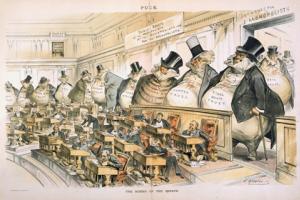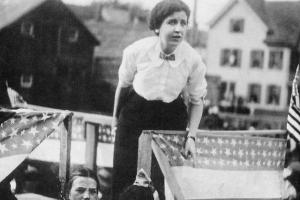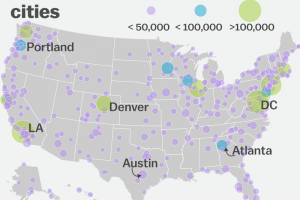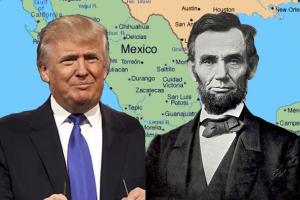The End of the U.S. Empire Can Be a New Beginning for Our Democracy
The Nation
 Only by understanding how Trump fits within our recent history will the left be able to figure out where we go from here. We are once again at a moment of consequential political realignment. Both major parties are deeply divided. We need to engage in shaping the newly emerging parties. The Democrats may or may not move left; they, like the Republicans, may split.
Only by understanding how Trump fits within our recent history will the left be able to figure out where we go from here. We are once again at a moment of consequential political realignment. Both major parties are deeply divided. We need to engage in shaping the newly emerging parties. The Democrats may or may not move left; they, like the Republicans, may split.










Spread the word